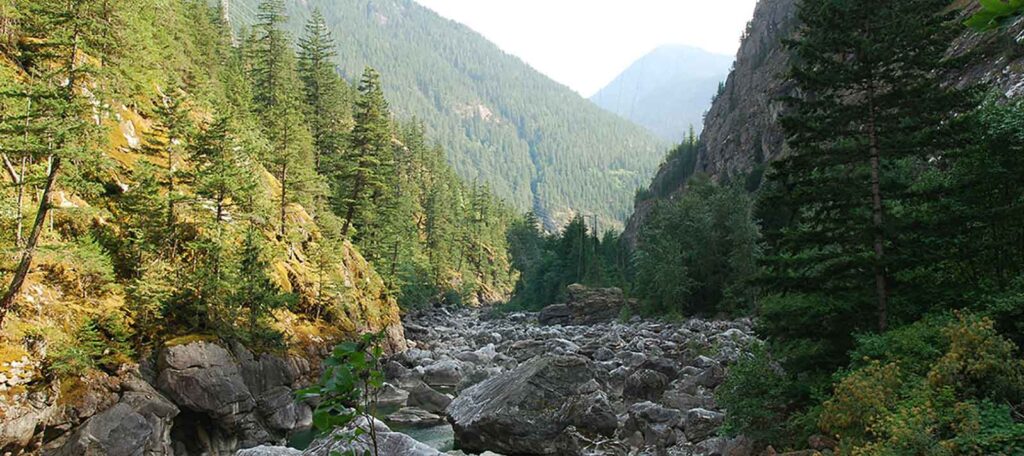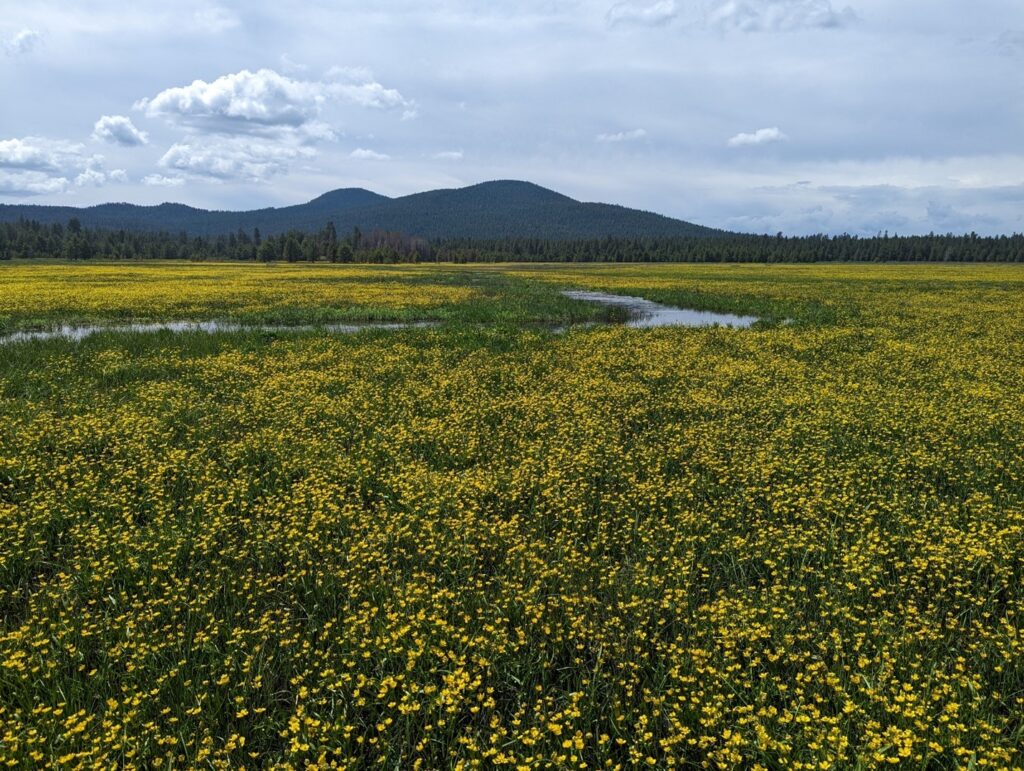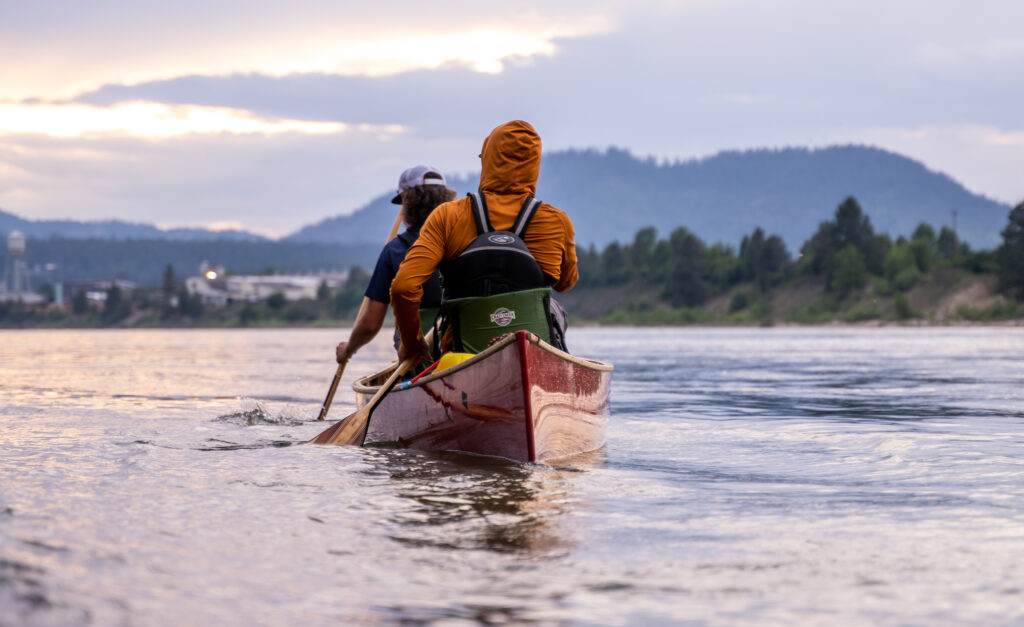States, tribes lose big in “Unlock Hydro” ‘power grab’
The proposed "unlock hydro" hydropower bill would eliminate the authority of states and tribes to negotiate for changes to dam licenses that benefit their communities and local waterways.

This post was originally discussing Senate bill S 1236. Currently the House Committee on Energy & Commerce voted to add an amendment [HR 8] that accomplishes the same goals with the same problems.
The hydropower industry is attempting a stunning power grab that would make it difficult– if not impossible– to ensure fish passage and other modern improvements to dams, and would eliminate the authority of states and tribes to negotiate for changes to dam licenses that benefit their communities and local waterways. These changes would upset nearly a century’s worth of balance between the competing users of our nation’s waterways.
Make no mistake: if the hydropower industry is successful, Congress will enact new legislation that would upend the balance that currently exists between dam owners and state and community stakeholders. Instead, hydropower dam owners get primacy over our nation’s rivers. In addition, the legislation being considered by the House Energy and Commerce Committee and Senate Energy and Natural Resources Committee would give tremendous new powers to the Federal Energy Regulatory Commission (FERC), a federal energy-permitting agency. In effect, Congress would take power away from state and local agencies that are directly accountable to the public, and give it to an agency that isn’t.
States and tribes should take note. The legislation also creates loopholes that allow hydropower dam operators to avoid having to comply with the Clean Water Act and Endangered Species Act, leaving downstream communities to bear the costs of resulting environmental damage, including pollution cleanup costs.
Our rivers and river communities will be hurt by this legislation, which would strip states of their power to hold dam owners accountable for pollution and damage to local rivers and economies.
Existing law allows states, natural resource agencies, and tribes to advocate for the needs of local communities and waterways during the dam relicensing process. This proposed legislation weakens or eliminates those authorities, which is why states from Maryland to California oppose it. The legislation is also opposed by the Association of State Fish and Wildlife Agencies, which represents the interests of all 50 states.
Existing law requires FERC staff to follow strict rules when communicating with dam owners. This legislation would allow dam owners to have backroom, off-the-record conversations with FERC officials with minimal disclosure and public notice only after the conversation has taken place.
Existing law allows states and federal natural resource agencies to put license conditions on dams that protect local communities and wildlife. This legislation would allow dam owners to petition FERC to reopen licenses they’ve previously agreed to in order to retroactively alter or cancel conditions requested by states to protect local communities. It places FERC’s judgment about how to protect commercial fishing stocks ahead of that of the National Marine Fisheries Service, and it puts FERC’s judgment about how to protect national parks ahead of that of the National Park Service. Local voices and the needs of local communities have been at the center of water resource decisions since Americans first started negotiating water rights centuries ago. This legislation upends nearly four centuries of water law and precedent by placing FERC’s authority above local communities and states when it comes to protecting water quality.
Existing law is effective in promoting transparency and ensuring balance between stakeholders. In fact, the hydropower industry hasn’t demonstrated or provided any evidence that changes to the law will do anything but consolidate power over the nation’s rivers and streams into their hands, giving them priority over anglers, farmers, boaters, and the families and businesses that depend on healthy rivers and clean water.
Healthy rivers are essential to the health and well-being of our communities. Hydropower dams have major impacts on river health, clean water, and wildlife. For more than 90 years, we’ve been able to achieve balance between healthy rivers and hydropower production because local stakeholders, including states and tribes, have had seats at the decision-making table. The public’s right to enjoy their rivers for recreation, drinking water, agriculture, and their natural beauty is absolutely compatible with responsible electricity production, but balance cannot be achieved unless states, tribes, natural resource agencies, and local communities keep their seats at the table. Congress should act on the bipartisan concerns of states across the nation, and join with the more than 100 conservation and recreation groups in opposing this reckless legislation.



